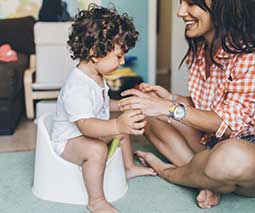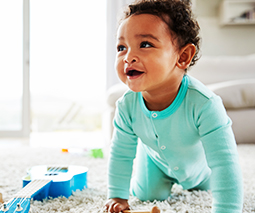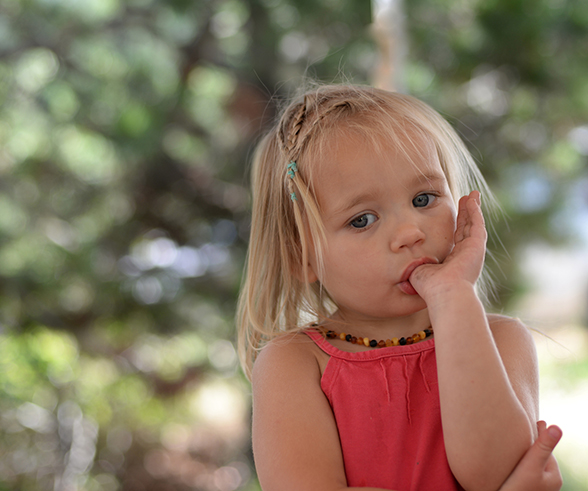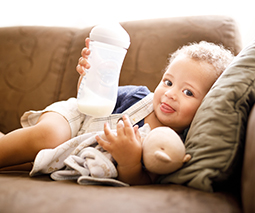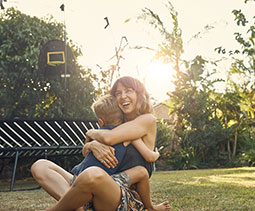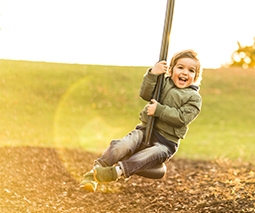Why talking to young children is more important than you think
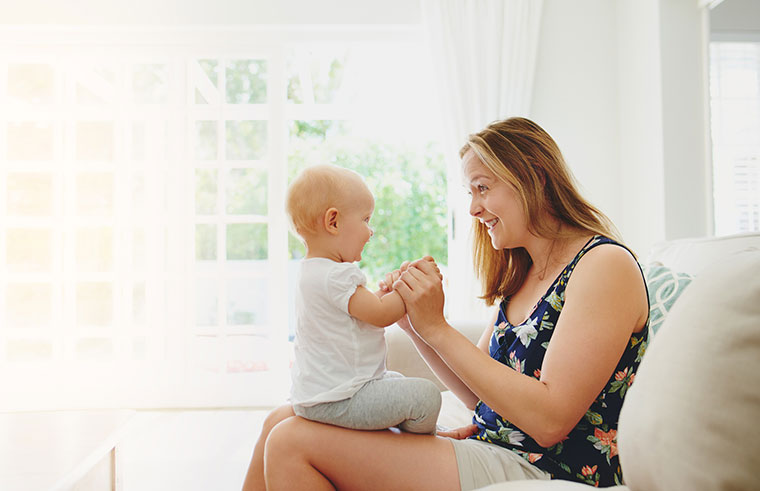
Conversations with young kids can be entertaining, frustrating, even confronting, but according to Dr Amy Alamar, co-author of The Parenting Project, those conversations are well worth having.
How young do you start communicating with a young child?
Amy says as parents you are your child’s first intimate relationship, so it’s important to model what it is to be in a relationship. “You’re helping them to develop their interpersonal skills and you’re also helping them to learn how to simply relate,” she says.
Amy also believes in conversing with kids even before they can talk back because this is modelling what conversation is.
“It’s important to talk to your kids even when they’re very young, even when they’re pre-language because they’re still listening to you and they’re still making sense of it,” she says. “They’re also learning cues from you and so a really nice way to talk with your kids is reading to them.”
What if they can’t understand you yet?
But what about trying to converse when they’re still grappling with language skills?
“It can be so frustrating for parent and child in those situations and your job is to teach them what it is they’re trying to express,” she says. “You have to be patient, pointing to things and asking questions and that’s how they learn.”
Amy suggests helping your child by saying things like, “You seem frustrated or you seem excited, what’s so exciting?”
“You can also use pictures if they’re really struggling, to point to how they’re feeling or what they want,” says Amy. “There’s a lot of research behind babies and young children using sign language so, there are alternative ways to communicate, but really just offering them a language to use is most important.”
Listen to Dr Amy Alamar on Feed Play Love:
Handling the big topics
It can be challenging to endure endless conversations about cars or trains, but Amy advises being patient and having them anyway.
“It’s important to engage in those conversations because what you’re signalling to your child is, ‘I’m showing an interest in what you are interested about and I’m offering to find out information with you,’ and so you’re giving them that sort of opportunity to explore the world when you do that,” she says.
At the other end of the spectrum, there are huge topics that arise and leave parents fighting for words. Questions on death, religion or sex might unexpectedly pop up, and Amy advises acknowledging their question with such responses as, “Oh that’s really interesting,” or “That’s something I’ve thought a lot about or something I haven’t thought a lot about.”
However, if you need time to think about your response or it’s inappropriate to talk at that moment, then make a time to discuss later.
“If it’s a conversation about sex and you’re out in public around other young children and you don’t want to have the conversation, a good response would be something like, ‘This is a great question and I definitely want to talk about it, but this is not the appropriate place,” says Amy.
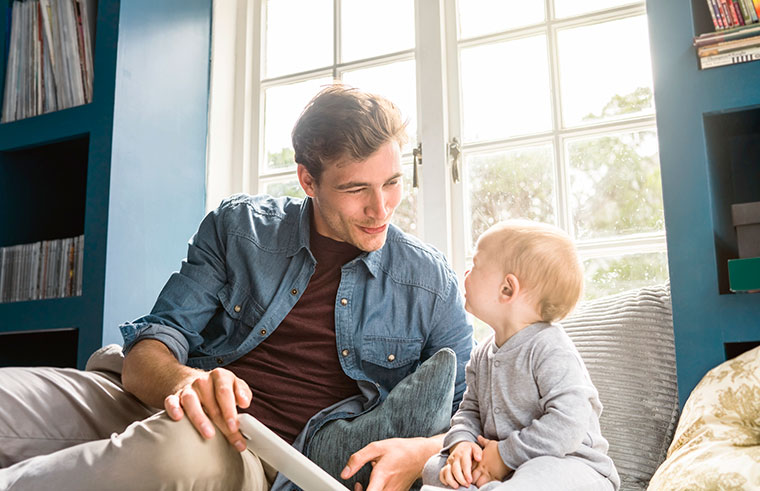
What is age-appropriate?
Amy believes that kids start asking questions when they’re ready for answers, and guide you as to how much information they can handle.
“As you start, they’ll signal to you how ready they are and for how much,” she says. “When you’re talking about sex, it’s ‘when a man loves a woman or a woman loves a woman’, you start the conversation – and then they’re done,” she says.
However, they’ll come back when they’re ready and Amy suggests following their lead. “If they’re still listening and if they’re still interested, you go further,” she says.
Rather than worrying about being age-appropriate, Amy suggests looking at what they’re interested in and accepting the fact that they’re going to be exposed to the information at some point anyway.
“Better they’re exposed to it with you and through your values and your filters so that you can kind of help them again with that decision making in that thought process,” she says.
Some parents want to shelter their child from certain information, which also is fine as long as they realise that their kids will be exposed to it sooner or later.
“If you choose to shelter them from something in the immediate, be prepared to come out and talk about it at some point when it comes to those topics,” she says.
Building relationships
Chatting with young kids is delightful, especially while we, as parents, still have some control over the conversations. But what happens when they grow up and we have less influence over them?
Amy suggests releasing some of the control in a way that leaves a lasting impression – and this can be achieved through conversation.
“When you have these conversations with very young children and you take the time and you’re patient and showing interest in what they’re interested in, like the race car – and you’re honest and you’re open with them about the tougher questions, then they start to understand who you are as a person and they learn trust from you,” says Amy.
“As they get older, their peers will have much more influence and the outside world will have more influence on them, but they’ll still look to you and they’ll still hear you in their mind and sometimes in their ears and they still do respect you.”
